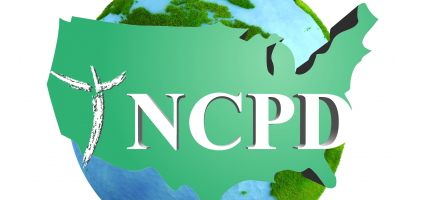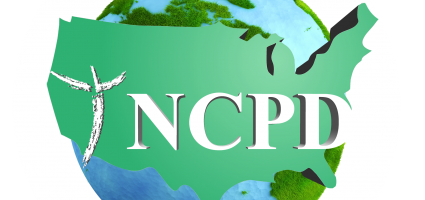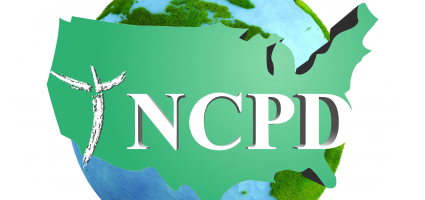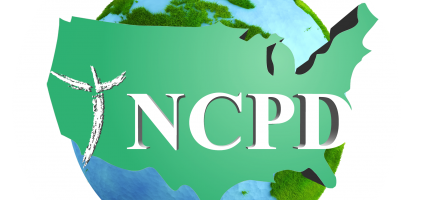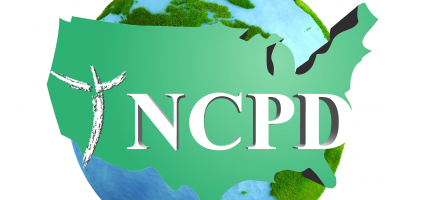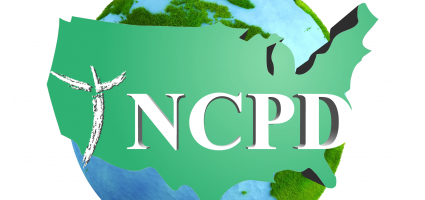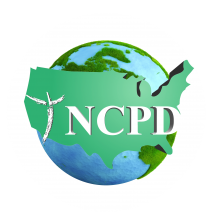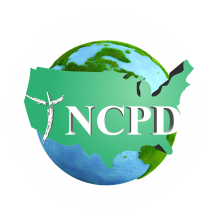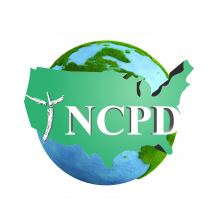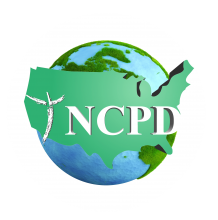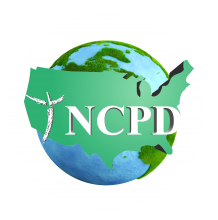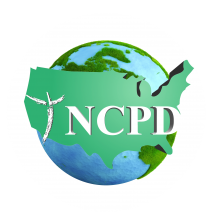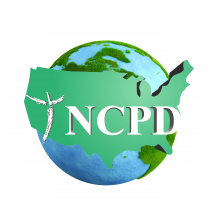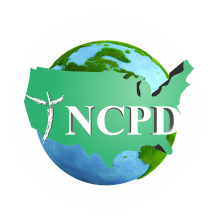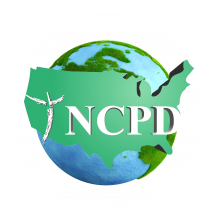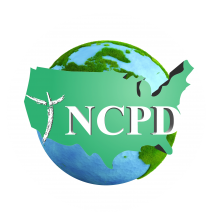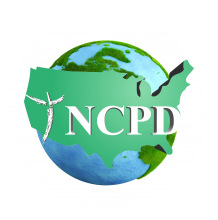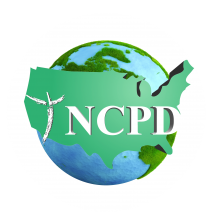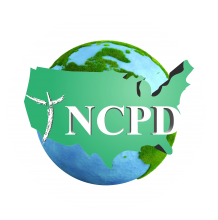Listed below are statements approved by the NCPD Board of Directors in a variety of issues.
Featured Resources
Letter to OPTN/UNOS of proposed amendment of DCD Elements, 2011
There are no safeguards to ensure that such patients, when conscious, are competent to make donation decisions. There are no safeguards to ensure that such patients are not clinically depressed. There are no safeguards to ensure that members of the local OPO or primary health care team are trained to identify such depression.The New Eugenics: Eliminating the “Undesirable” by Prenatal Diagnosis, 2010
"[Prenatal testing and diagnosis] techniques were developed to enhance the well-being of mother and child and foster the ability to deliver healthy babies. Yet, when the goal is achieved by delivering only healthy babies and denying life to those deemed less than perfect, a Machiavellian distortion of the good these techniques intended is effected."NCPD Board Statement on the Provision of Catechetical and Academic Instruction to Catholics with Disabilities, 2010
"Christ calls the Church to provide for the spiritual, intellectual, and emotional needs of all her people as they journey toward maturity in the faith. Catechetical and academic instruction are essential components of that journey. Catholics with disabilities are equally entitled with all the faithful to such instruction appropriate to their needs."NCPD Statement on Health Care Reform (H.R. 3590), 2009
"The National Catholic Partnership on Disability (NCPD) applauds the 240 members of Congress who supported The Stupak-Pitts Amendment in the US House of Representatives’ Health Care Reform proposal (H.R. 3962). This amendment would permanently prevent the funding of abortion within the public option of the plan."NCPD Board Chair comment on Draft NIH Guideline on Stem Cell Research, 2009
"On behalf of NCPD and the 14 million disabled Catholics it represents, I urge you not to promulgate the draft NIH guidelines on human stem cell research. Rather than aiding disabled people, the guidelines will ultimately compromise their lives by advancing the proposition that human beings with disabling conditions are expendable."Conscience Protections for Health Care Providers, 2009
"On behalf of the National Catholic Partnership on Disability[1] and the 14 million disabled Catholics it represents, I urge you not to rescind the “Health Care Provider Conscience Rule.” Rescission will expose providers to discrimination and coercion for attempting to protect disabled human life."Model Legislation Futile Care Legislation, 2009
Example of legislation regarding the physician's or patient's decision to withhold or continue to give life-sustaining care or treatment.Washington State "Death with Dignity Act," 2008
"We oppose the initiative because it is cynically misleading. We oppose the initiative because it substitutes lethal prescriptions and illusory safeguards for compassionate care. We oppose the initiative because it does not mandate family involvement. Finally, we oppose Initiative 1000 because its supporters aim to include people with disabilities and we emphatically reject assisted suicide as a response to disability."NCPD Futile Care Statement, 2008
"We offer the present statement to explore what light Catholic moral teaching sheds on whether health providers can ever withhold or withdraw life-sustaining care or treatment they consider futile."NCPD Board Statement on Spiritual Development and Participation of Persons with Disabilities
The National Catholic Office for Persons with Disabilities (NCPD) facilitates the mandates of the 1978 Pastoral Statement of U.S. Catholic Bishops on People with Disabilities.NCPD Tenth Anniversary Report to US Catholic Bishops, 1992
NCPD takes this occasion to thank the bishops for the 1978 Pastoral Statement on People with Disabilities. The statement furnished the impetus for creating, four years later, in 1982, NCPD out of the National Advisory Committee on Ministry with Handicapped People. NCPD has also used the 1978 Pastoral Statement as a foundation from which to press for civil legislation, fostering greater participation in public life on the part of citizens with disabilities.- ‹ previous
- 2 of 2

